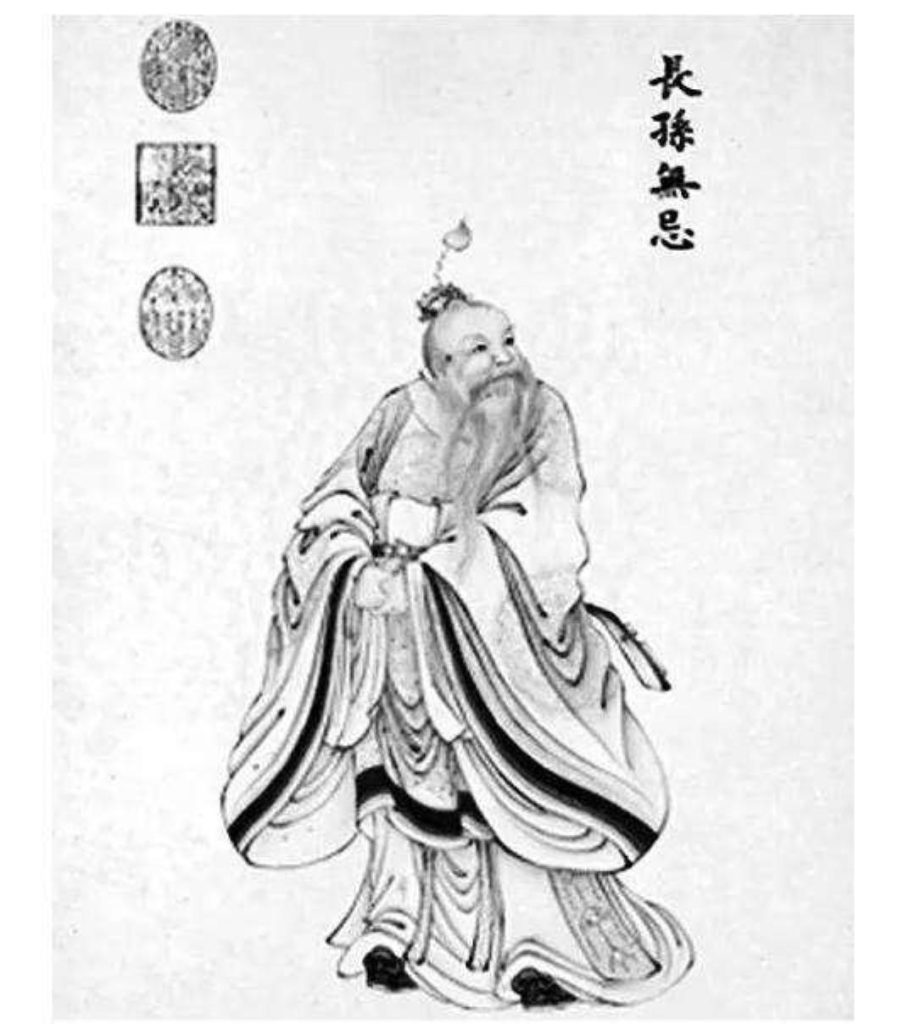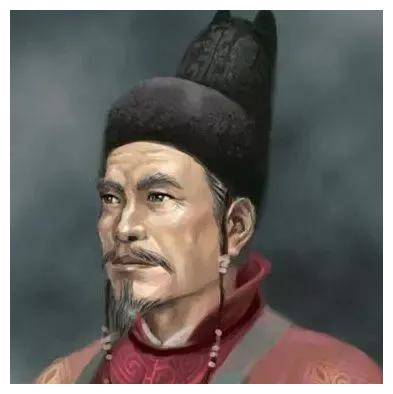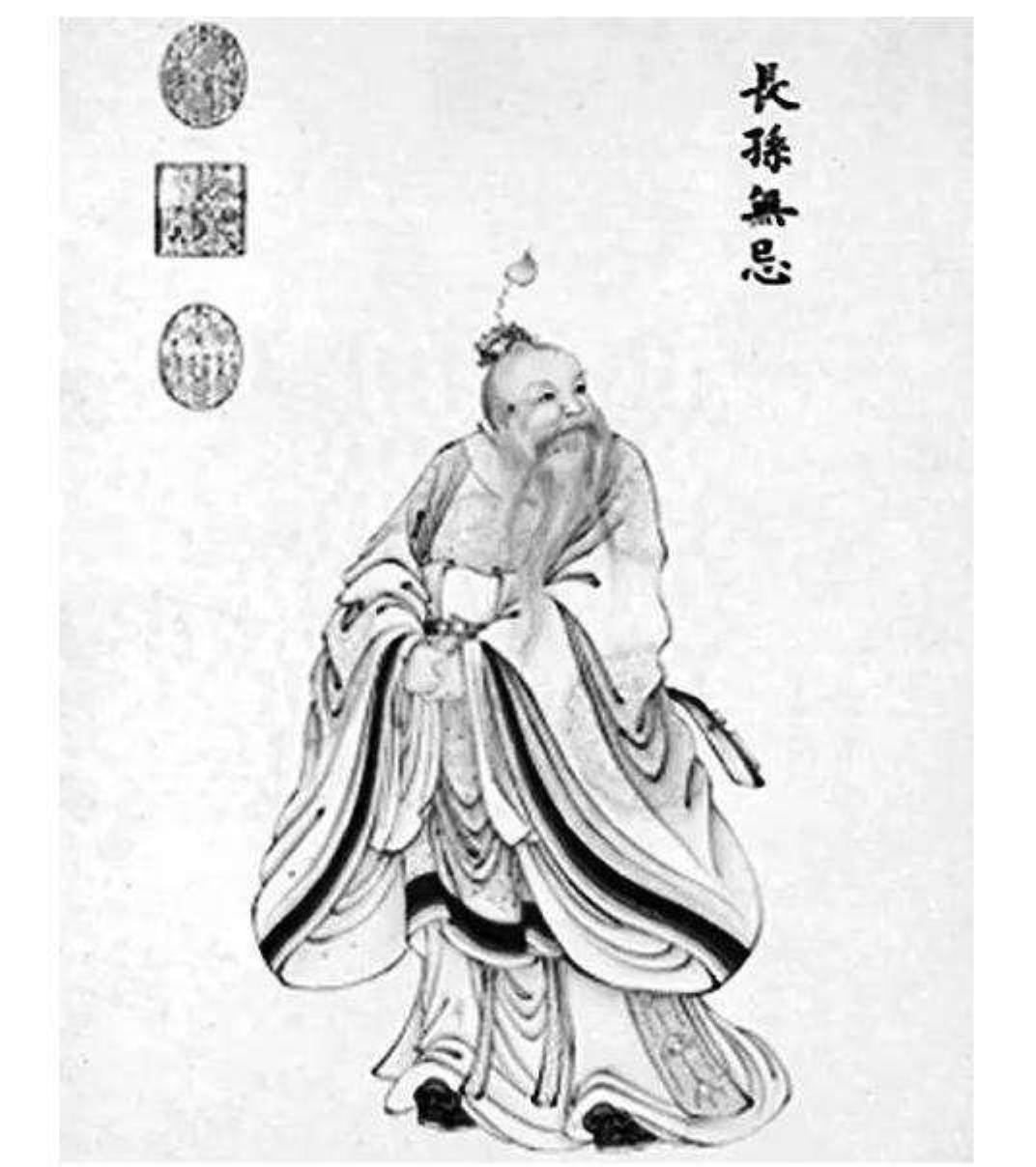Zhu Di achieved a rebellion as a feudal lord and became emperor. In the absence of an advantage in power, they took Nanjing directly and successfully won the position. Why did he go so smoothly? He gained the world by acquiring Nanjing? Interested readers and history encyclopedia editors, let’s take a look together!

Firstly, Zhu Di’s side occupies the rational side in name. Some people say that Zhu Di’s rebellion is unreasonable. The problem is that even if Zhu Di rebelled, he couldn’t rebel. His slogan for the uprising was “Qing Jun’s side, Jingguo is difficult”. He said that the treacherous courtiers around the emperor need the feudal lords to quell the chaos. And the nephew took the initiative to reduce the fiefdom first, so he had to resist. But there was a problem with the Jingnan Campaign, which was that the feudal lords had to be summoned to the capital. The Jingnan Campaign launched by Zhu Di was just an excuse for outsiders and was actually untenable. But outsiders are not clear about how the Ming Dynasty was regulated internally, and have some understanding of Zhu Di’s behavior.
Secondly, civil and military officials do not want to be involved in the internal affairs of the royal family. The conflict between Zhu Di’s uncle and nephew ultimately stems from the internal affairs of the old Zhu family. For the courtiers, it is difficult to say which side they are loyal to, and they do not want to get involved in royal affairs. Once you stand on the wrong team, your value and life cannot be saved. Therefore, apart from their loyal followers, others chose neutrality. In fact, this is easy to understand. When Li Shimin and Li Jiancheng competed for the throne, many of the courtiers who fought for the Tang Dynasty, including Li Jing, chose neutrality to avoid trouble. This neutrality has won the recognition of the winning side, Li Shimin, and the expected courtesy is still retained. Therefore, some clever courtiers choose neutrality, divide the victory and defeat equally, and immediately support the winning side to ensure their own lives, while also retaining their official positions and certain powers. After Zhu Di entered Nanjing, everyone chose to default.
Thirdly, the support of the Ming imperial family for Zhu Di. Zhu Yunwen’s biggest problem was the urgency to reduce his fiefdom, which led to the rebellion of Emperor Zhu Di and other imperial uncles. Because Zhu Yunwen’s reduction of fiefdoms angered his uncles, his uncles naturally did not take sides with him. Before the uprising, Zhu Di had written letters and made promises to several of his brothers. Therefore, during Zhu Di’s counterattack, a large part of the imperial family supported him. Originally, all of Zhu Yuanzhang’s sons, except for Zhu Biao, were feudal lords and faced the problem of reducing their fiefdoms. They would inevitably stand on Zhu Di’s side and support him. With the advantage of the imperial family, it’s hard to say anything else, so it’s only natural.

Fourthly, Zhu Yuanzhang’s old ministers were few in number. If there were old officials of Zhu Yuanzhang present during Zhu Di’s attack on Nanjing, they would do their utmost to protect Zhu Yunwen. The Huaixi Group and the Zhejiang East Group were Zhu Yuanzhang’s old team and the most loyal to him. Some of them were indeed killed for taking bribes and violating the law, while others were measures taken by Zhu Yuanzhang after Zhu Biao’s death to eliminate obstacles for the Crown Prince Zhu Yunwen. Zhu Yuanzhang did not hesitate to kill meritorious officials for the sake of the Crown Prince, and also destroyed the last foundation that maintained Zhu Yunwen. During Zhu Di’s attack on Nanjing, there were few people who truly supported Zhu Yunwen.
Finally, after the city was destroyed, Zhu Yunwen disappeared. If Zhu Yunwen fled or, like Emperor Wu of Liang seeing Hou Jing, Zhu Di overthrew the heir established by his father, it would not be legally justifiable and could easily lose the support of the people. Zhu Di would be clearly usurping the throne, and his position would be unstable. But Zhu Yunwen mysteriously disappeared, giving Zhu Di a chance. Although it was also his uncle who usurped his nephew’s throne, after all, Zhu Yunwen disappeared and no one was designated to ascend to the throne. Zhu Di belonged to a stable situation and came out to be emperor, barely speaking of it.
The Battle of Jingnan changed Zhu Yuanzhang’s original intention. But Zhu Yunwen took the lead in cutting the fiefdom, which gave Zhu Di more sympathy for his resistance and also added points to his usurpation of the throne. History has two sides, Zhu Di’s usurpation of the throne is a fact, and the prosperous era of Yongle is also a fact. Overall, Zhu Di ushered in a new era of the Ming Dynasty.


